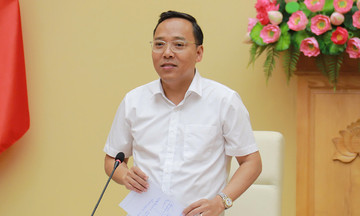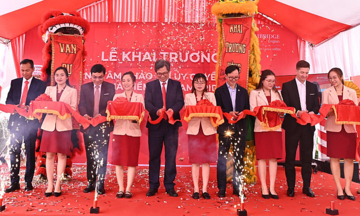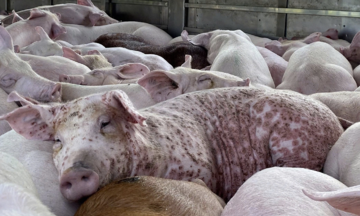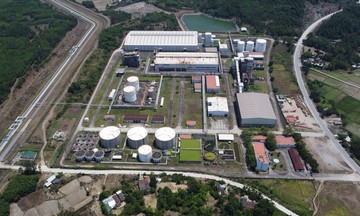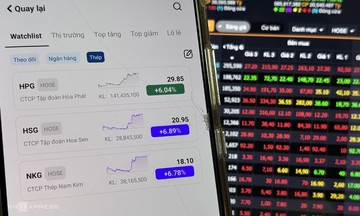South Australia's ban on single-use plastics, effective from 1/9, makes it the first jurisdiction to prohibit the polyethylene (PE) fish-shaped soy sauce packets, known as shoyu-tai, a symbolic Japanese condiment container often served with takeaway sushi.
Shoyu-tai was invented in 1954 by Teruo Watanabe, founder of Osaka-based Asahi Sogyo. Prior to this, soy sauce was typically packaged in glass or ceramic containers. With the rise of inexpensive industrial plastics, Watanabe created the mini fish-shaped packets from PE, naming them "Lunch Charm".
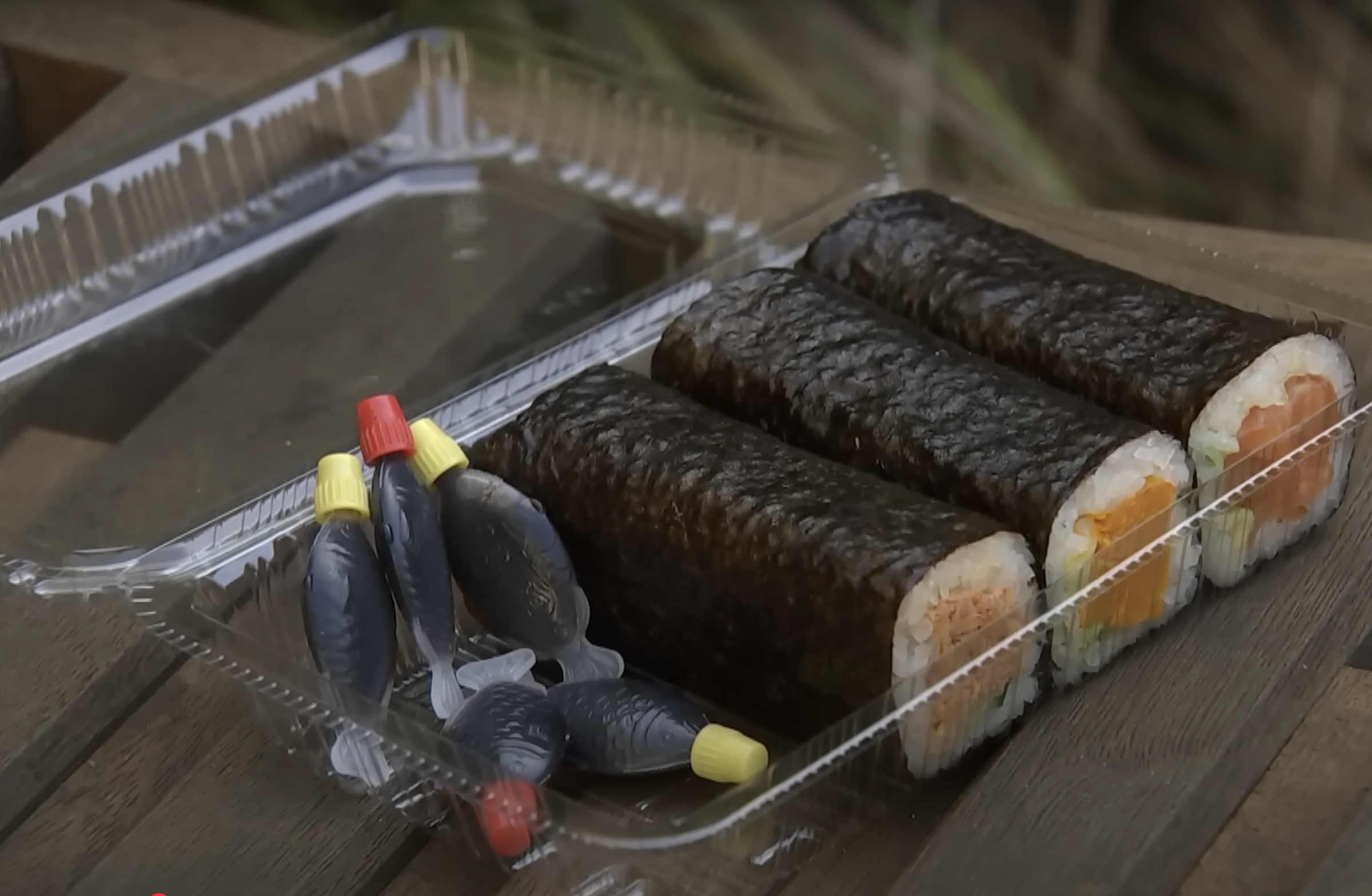 |
Fish-shaped soy sauce packets served with sushi. Image from ABC video. ABC |
Fish-shaped soy sauce packets served with sushi. Image from ABC video. ABC
The packets quickly gained popularity throughout Japan and internationally.
However, their convenience comes at an environmental cost. Susan Close, South Australia's Environment Minister, noted that these plastic fish are used only briefly, yet are easily blown away or washed into drains, making them a common sight on beaches and streets.
"Eliminating these packets reduces single-use plastic waste. They are a 'convenience' packaging that can be replaced by larger or refillable containers, or other solutions that support better waste management," Close said.
The new law bans pre-filled soy sauce containers with lids or stoppers smaller than 30ml. Plastic sachets are still permitted, but the state government encourages sushi vendors to switch to larger bottles or dispensers.
Comparing packaging types, Nina Wootton, a marine ecologist at the University of Adelaide, explained that the fish-shaped packets are more harmful than other types because marine life often mistakes them for food. Their thickness also contributes to a longer decomposition time.
Stella, co-owner of Sushi Block in Adelaide's central business district, supports the ban, acknowledging the need for businesses to adapt. "We were informed in advance and are working with our suppliers on alternatives. We won't be serving the plastic fish people are used to," she told ABC.
Other banned single-use plastic items include plastic cutlery, and polystyrene (PS) takeaway containers and trays, such as those used for instant noodles. Plastic coffee cups and takeaway food containers were also included in the state's phase-out regulations from last year.
Since 2021, South Australia, along with other states and territories, signed a voluntary national agreement to phase out eight "problematic and unnecessary" plastic waste items: lightweight plastic bags, plastic misleadingly labeled as "degradable," plastic stirrers and cutlery, plastic straws, PS food containers, PS consumer packaging, and microplastics in personal care products.
However, the phasing out of plastics on separate timelines is at the discretion of individual states and territories.
According to a 2023 WWF-Australia report, states and territories have progressively eliminated plastic bags. Plastic plates, straws, cutlery, cups, and polystyrene containers have been phased out in most areas, with Northern Australia and Tasmania committing to implementation this year. Currently, only Western and South Australia have policies to eliminate single-use coffee cups.
Bao Bao (according to The Guardian, ABC)




